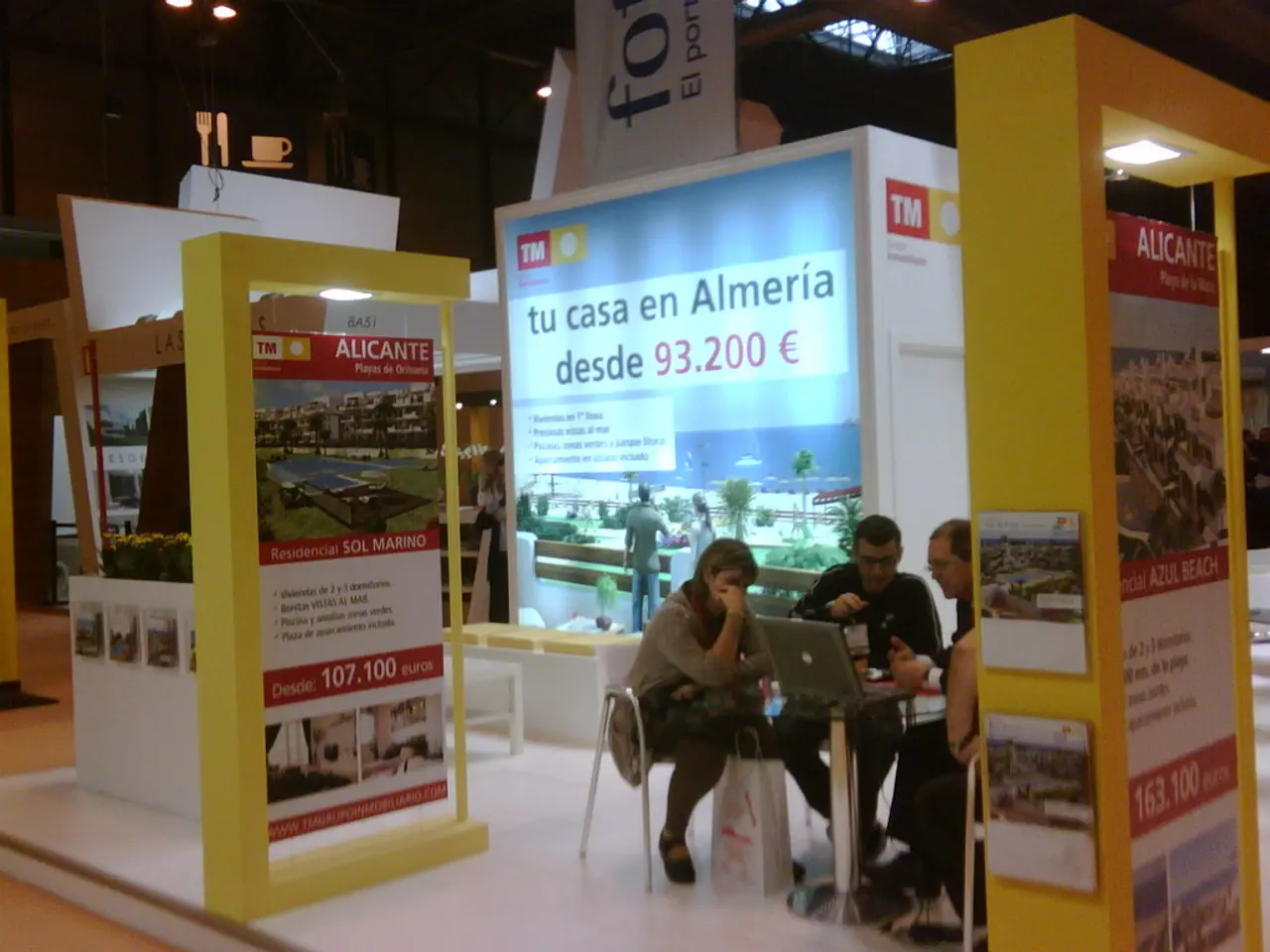Potential Uses of Internet of Things (IoT) in the Hospitality Industry
The hospitality industry has experienced remarkable growth in recent years, with technological innovations significantly impacting every aspect - from hotel rooms and event spaces to restaurants and airport check-ins. As customer demands continue to rise, IoT solutions in the hospitality industry could provide a viable response.
The Implementation of IoT Technologies in Hotels
IoT technologies could potentially revolutionize the hospitality sector, enabling automated inventory management, ultimately liberating hotel personnel to focus on critical tasks. Connected devices also generate an abundance of data catering to smart room customizations, enhancing customer experience. By utilizing IoT, hotel owners can improve guest satisfaction and boost productivity.
IoT Use Cases in Hospitality
Guest experience, cost-efficiency, energy consumption, housekeeping service, and security are some of the key areas where IoT can have a positive impact:
- Guest Experience: IoT facilitates personalized experiences and allows hotel staff to anticipate guests' needs. Automated room preferences and personalized greetings are now possible.
- Cost-Efficiency: IoT can help reduce energy consumption and manpower costs, making it an attractive solution for hotel owners.
- Energy Consumption: Smart lighting systems connected to IoT networks can significantly minimize power costs by automatically turning off lights in unoccupied rooms.
- Housekeeping Service: IoT systems can optimize cleaning schedules through real-time room occupancy and cleanliness status detection.
- Security: IoT-enabled digital locks and surveillance, accessible via mobile apps, enhance guest safety and asset protection.
Room Service: The Future of Hospitality
Room service is essential in ensuring hotel guest satisfaction. By leveraging the power of IoT, hoteliers can deliver a more personalized and efficient service. Data collected through IoT can enable personalized experiences, automated greetings, and adjusting room settings based on guests' preferences. Beacon technology and smartphone capabilities could contribute to enhancing the guest experience, too.
The Smart Gym for Hotel Guests
Hotel gyms are evolving to cater to health-conscious and eco-friendly guests. IoT-connected devices can provide smart experiences tailored to guests' preferences. Smart thermostats integrated with air conditioning systems ensure personalized temperature control in the gym areas. A 'running concierge' is another innovative service available in some smart hotels, accompanying guests on runs and helping them with workouts. Consequently, hotels offering recreational and sports activities attract more guests and enjoy higher popularity.
Simplified Conference Room Scheduling
IoT-enabled conference room scheduling systems allow visitors to check availability online and book meeting rooms hassle-free. With features like occupancy sensors, these systems help streamline conference room bookings, contributing to the efficiency of the hotel's operations.
Air Quality Monitoring and Energy Management
The incorporation of IoT technologies offers solutions for air quality monitoring and energy management, both essential factors in the post-pandemic hospitality industry. The monitoring of air quality parameters and optimizing HVAC systems play a crucial role in ensuring a safe guest experience while minimizing energy consumption.
In Conclusion
While IoT in the hospitality sector may seem intimidating to some businesses, investments in IoT technologies are becoming increasingly significant in today's data-driven world. With the right resources and a reliable partner, such as our website Communications, the transition to IoT can be smooth and immensely beneficial for the future of hospitality. Contact the info@our website support team for more details and guidance on embracing and leveraging IoT innovations in the hospitality sector.
- By integrating IoT technology, hotels can implement smart energy management, such as implementing smart lighting systems that automatically turn off lights when rooms are unoccupied, reducing power costs.
- Air quality monitoring systems can be connected to IoT networks, ensuring guest safety and a healthy environment, particularly important in the post-pandemic hospitality industry.
- Sensors can be used to optimize cleaning schedules in hotels, with real-time room occupancy and cleanliness status detection, ultimately improving productivity and guest satisfaction.




